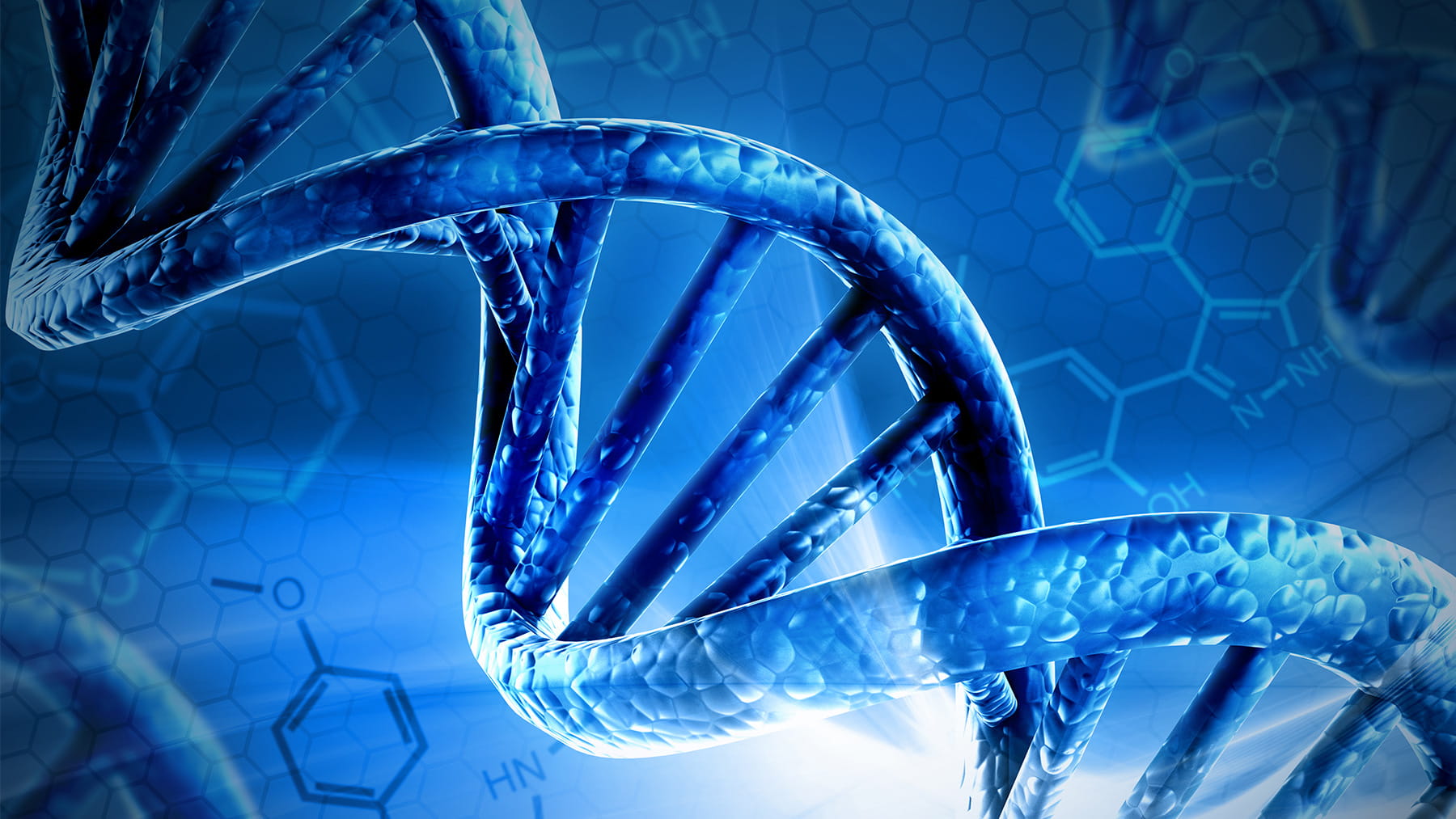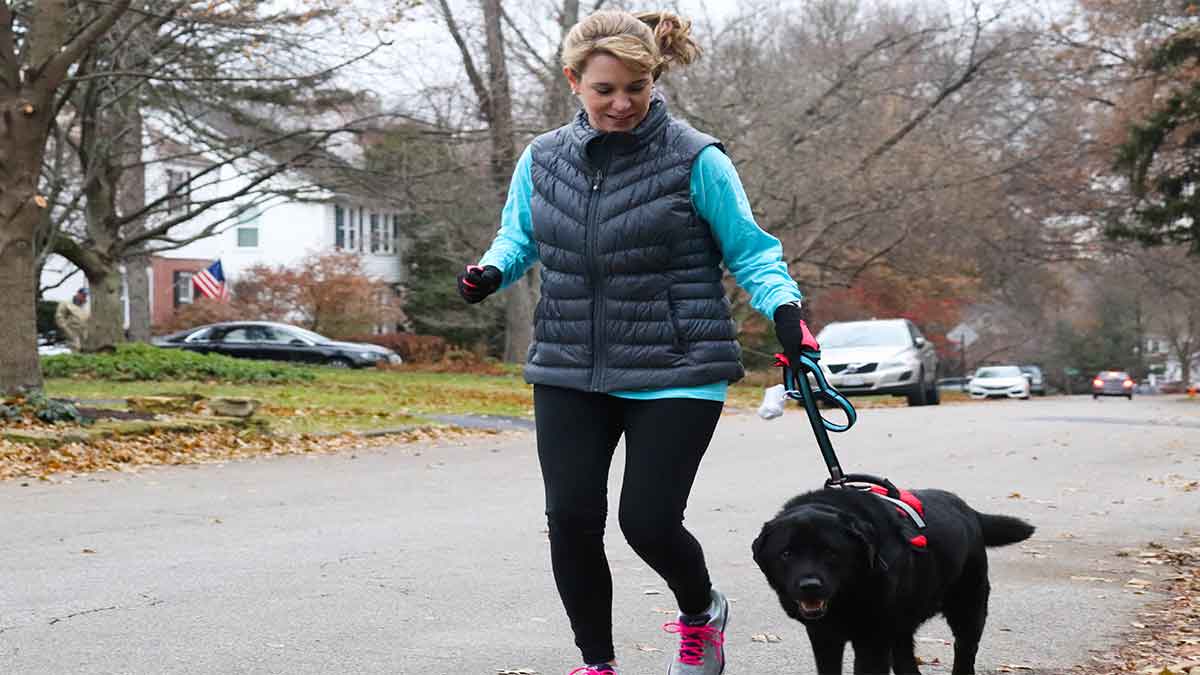Can at-home DNA tests help with weight loss?

Are you struggling to find the right diet to lose weight? Dieting can be exhausting: from high-protein, low-carb to Mediterranean diets and everything in between, it can be daunting to figure out which diet is right for you. To further complicate the process, there are now at-home DNA test kits on the market, which in addition to estimating your risk of developing various diseases, claim to provide indicators about your nutrition that could help you lose weight.
As a dietitian who has studied the possible link between your genes and nutrition, I’ve answered some common questions about at-home DNA test kits, and provided nutrition advice to help guide your decision on whether or not to invest in one of these tests for weight loss purposes.
What are DNA test kits?
DNA test kits are a resource to help you understand your risks of developing certain diseases. These mail-order kits might require you to send in a sample of your saliva or blood or a cheek swab.
Can a DNA test help personalize your nutrition to lose weight?
At this point, a DNA test wouldn’t be a helpful resource for weight loss or to eat healthier, unless the disease you’re genetically prone to could be prevented through maintaining a healthy weight and diet.
An example might be cancer or heart disease: if you know you’re genetically prone to developing heart disease, it would be wise to be physically active and eat a DASH diet to lower your risk of developing the disease, or to prevent the onset of the disease.
But the science is too new to be able to say “based on your DNA results, you should eat or avoid food x.” There’s simply not enough research right now to make big diet recommendations based on the results of a DNA test.
Who is a good candidate for a DNA test?
Anyone who has family members with chronic diseases could be a good candidate for these tests. The best examples of what we’re using at Ohio State is genetic testing in people at high-risk for certain types of cancers (e.g. breast/ovarian). I wouldn’t recommend this kind of test for obesity and diet related to weight loss or weight control.
DNA tests are not going to give good information for those struggling with weight loss unless it’s tied to an auto-immune disorder ─ thyroid conditions may be one cause. Even if those disorders are identified, genetic counselors and nutrition experts still aren’t at a point to make a recommendation based on genes. There are diets for specific disorders, but even that science is still not well-studied.
(Tech News: Can Google diagnose depression?)
What I would tell a client interested in an at-home DNA test for weight loss.
If a patient is in my office and interested in having a genetic test done, my advice would be to proceed with caution. Third-party vendors of these at-home tests could sell your information in the future. These companies are also not in the business of being medical consultants. They may send you generic information about diseases you may be prone to, but that’s the end of the assistance.
It’s important if you’re planning to use the results of the test for medical advice, that you find a genetic counselor who specializes in the disease states you’re concerned with. A dietitian may be able to help, but again, the science isn’t there for any nutrition expert to be able to say “you have this gene, eat these foods.” There’s a degree and credential that proves someone is truly an expert in this topic and qualified to give you advice (genetic counseling and nutrition).
Final thoughts
I do believe that more research and information about genetics and nutrition is coming, but we’re decades away from it. Save your money and find a nutrition expert who can understand your diet and medical history, tie in your mental health and readiness for change, and put it all together to help you create a steady plan that creates real results. Success takes time. A DNA test won’t speed up that process… yet.
Natalie Stephens, RD, is the lead dietitian for Nutrition Services at The Ohio State University Wexner Medical Center.




